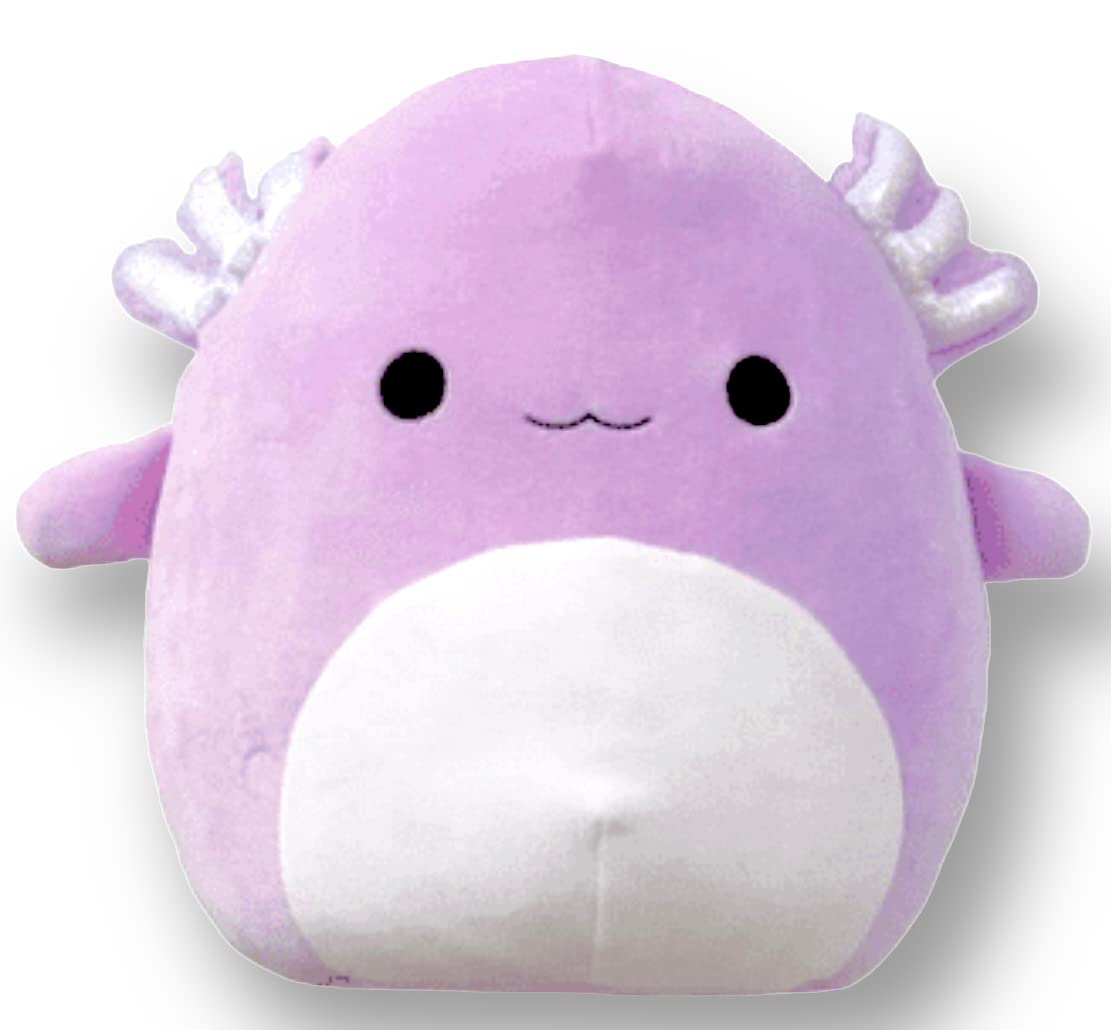Squishmallow Manufacturer Implementing Sustainable Practices to Reduce the Carbon Footprint of Squishmallow Axolotls
As a Squishmallow manufacturer, we understand the importance of reducing our carbon footprint and implementing sustainable practices in the production of Squishmallow Axolotls. We are committed to making a positive impact on the environment and taking responsibility for our role in the toy industry.
One of the key strategies we have implemented is to source materials from eco-friendly suppliers. By using recycled materials and ensuring that the materials we use are free from harmful chemicals, we can minimize the environmental impact of Squishmallow Axolotls.
We also strive to reduce waste in our manufacturing process. By optimizing production techniques and minimizing material waste, we can decrease the amount of energy and resources required to produce Squishmallow Axolotls.
Furthermore, we are continuously exploring innovative packaging solutions that are eco-friendly and minimize the use of single-use plastics. This includes using recycled materials for packaging and finding ways to reduce the overall packaging footprint.
Through these sustainable practices, we aim to reduce the carbon footprint of Squishmallow Axolotls and set an example for other toy manufacturers in the industry.
Consumer Choosing Squishmallow Axolotls Made from Eco-Friendly Materials to Reduce Their Own Carbon Footprint
As a consumer, I recognize the impact of my purchasing choices on the overall carbon footprint of the toy industry. By choosing Squishmallow Axolotls made from eco-friendly materials, I can contribute to reducing my own carbon footprint.
Eco-friendly materials such as recycled polyester or organic cotton are more sustainable alternatives to traditional materials. By choosing Squishmallow Axolotls made from these materials, I can support companies that prioritize sustainable manufacturing practices and reduce the demand for less environmentally friendly options.
Moreover, I prioritize purchasing from companies that have transparent and ethical supply chains, ensuring that the production of Squishmallow Axolotls aligns with sustainable practices. This includes considering factors such as fair labor practices and reducing waste throughout the manufacturing process.
By making conscious purchasing choices and supporting sustainable brands, I can play a part in reducing the overall carbon footprint of the toy industry and promoting a more environmentally friendly approach to toy production.
Environmentalist Recognizing the Potential of Squishmallow Axolotls in Promoting Sustainable and Ethical Toy Production
As an environmentalist, I recognize the potential of Squishmallow Axolotls in promoting sustainable and ethical toy production. The toy industry has a significant carbon footprint, and it is crucial to find innovative solutions to reduce environmental impact.
Squishmallow Axolotls offer an opportunity to promote sustainable practices and raise awareness about the importance of reducing the carbon footprint of the toy industry. By implementing sustainable sourcing and manufacturing practices, Squishmallow manufacturers can set an example for the entire industry.
Moreover, Squishmallow Axolotls can be used as educational tools to teach children and adults about the importance of sustainability and environmental stewardship. By showcasing the use of eco-friendly materials and highlighting the efforts made to reduce waste, Squishmallow Axolotls can inspire consumers to make more sustainable choices in their own lives.
By recognizing the potential of Squishmallow Axolotls as a catalyst for change, we can work towards a more sustainable and ethical toy production industry, reducing the overall carbon footprint and preserving the environment for future generations.
Toy Industry Expert Discussing the Role of Squishmallow Axolotls in Reducing the Overall Carbon Footprint of the Toy Industry
As a toy industry expert, I recognize the significant role that Squishmallow Axolotls can play in reducing the overall carbon footprint of the toy industry. The production and distribution of toys have a considerable environmental impact, and finding sustainable solutions is crucial.
Squishmallow Axolotls offer a unique opportunity to promote sustainable and eco-friendly practices. Companies that prioritize sustainable sourcing, manufacturing, and packaging of Squishmallow Axolotls can significantly reduce their carbon footprint.
Furthermore, the popularity of Squishmallow Axolotls among consumers provides an incentive for other toy manufacturers to adopt similar sustainable practices. As consumers become more conscious of their purchasing choices and demand more environmentally friendly options, the industry as a whole can shift towards more sustainable practices.
In addition, the educational aspect of Squishmallow Axolotls can inspire children and adults to be more environmentally conscious. By showcasing the efforts made to reduce the carbon footprint and promoting sustainable practices, Squishmallow Axolotls can raise awareness and encourage consumers to make more sustainable choices.
Overall, through the implementation of sustainable practices, the promotion of eco-friendly materials, and raising awareness among consumers, Squishmallow Axolotls can have a significant positive impact on reducing the overall carbon footprint of the toy industry.
